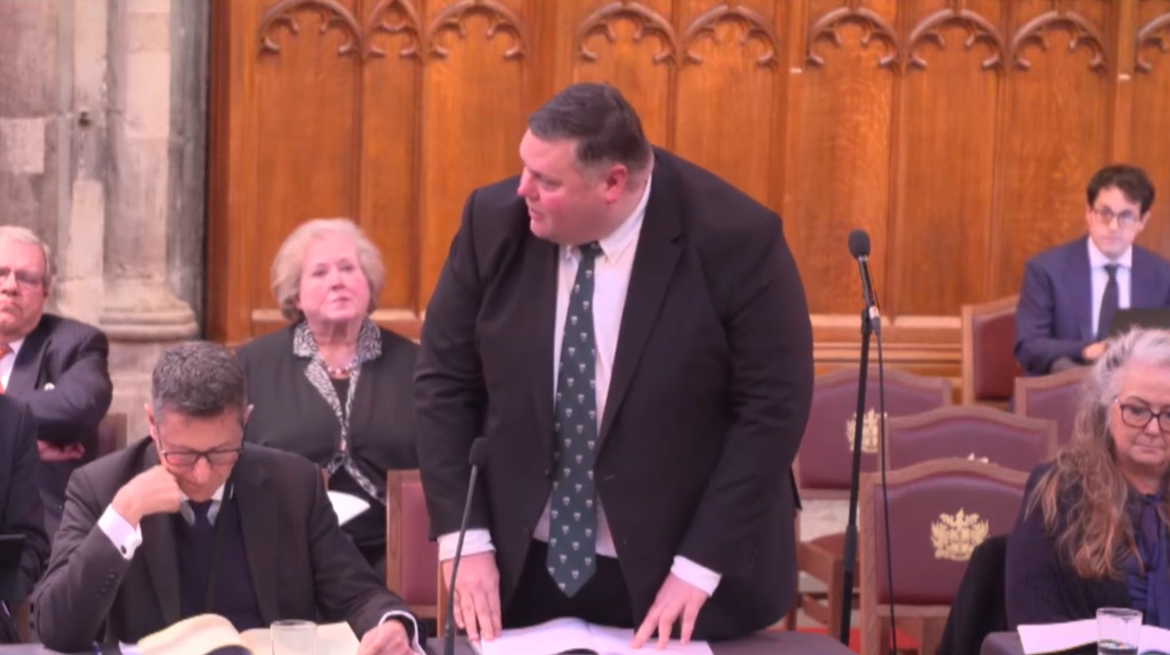At this afternoon’s meeting of the Court of Common Council, I was pleased to be one of several Members to request that improvements in public transparency be made at the City of London Corporation.
This is not a new subject matter. The decisions made by the Corporation are often multi-faceted because of its ancient governance arrangements. It is also often making decisions on matters of national or international significance. There is a list of pre-defined reasons why some items on agenda may be considered in the exclusion of the public (non-public matters), or in the exclusion of Officers (confidential matters), but often a wide reaching subject is considered in non-public because a very small reference to an item which may be commercial sensitive or could cause reputational risk.
For two years now, I have used our informal Court meetings to raise a question about the handling of these matters. Any corporate business would have a pre-defined policy and management framework for reviewing and purging information which has been classified as non-public or confidential, as often the information becomes stale over time. That is not the case at the City Corporation and, as a Committee Chairman, I have been advised by the Town Clerk’s department of several different responses – that it’s down to the Chairman, that it’s down to Officers and that it’s not possible as there’s just not the resources available. It cannot be all three.
As you will see from at 51.35 minutes on the video below, I raised this matter again, with the Chairman of Policy and Resources who has agreed to discuss the matter with Officers and revert in writing. As a Councillor though, I want to ensure as much information as possible in the public domain so that (1) my constituents and our wider stakeholders understand why we are making certain decisions or prioritising resources in particular areas, (2) so that we reduce the amount of data leakage that has been happening across the City Corporation for some time now and share facts, rather than individual interpretations of the facts which grab headlines and (3) so that stakeholders can feel informed and hold us to account for our decisions. Many of our sub committees meet a couple of times a year. To have to wait 6 months to find out the outcome through minutes is bad enough, but if then half of the decisions are still hidden, it suggests an undertone of underhand behaviour.
I will certainly be keeping up the pressure on this simple point and think a system of identifying specific areas of any reports which are sensitive, then aligning that to a rolling review cycle to validate why it’s still unable to be made public is important and aligns to processed which the UK Government already have in place.
d
